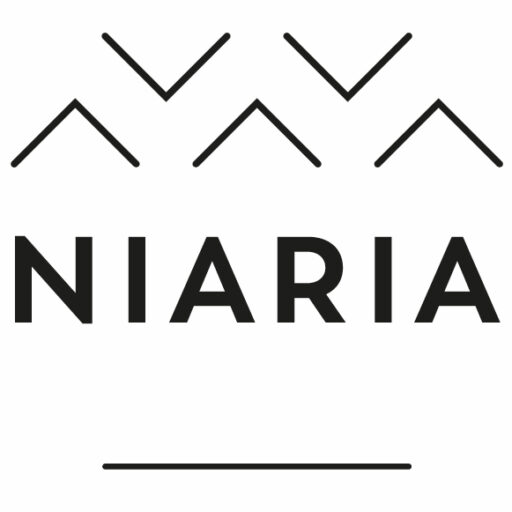
Food for Thought
Infertility is a growing concern for many couples trying to conceive, and its underlying causes can range from medical conditions to lifestyle factors. In recent years, there has been an increasing awareness of how diet and lifestyle can play a crucial role in...

Food for Thought
Introduction Polycystic Ovary Syndrome (PCOS) is a common hormonal disorder affecting women of reproductive age. It is characterized by irregular menstrual cycles, ovulation problems, insulin resistance, weight gain, and excessive hair growth. PCOS can lead to...

Food for Thought
Endometriosis is a chronic condition where tissue similar to the lining of the uterus, known as the endometrium, grows outside the uterus. This misplaced tissue behaves like normal endometrial tissue, thickening, breaking down, and bleeding during the menstrual cycle....

Food for Thought
What is Lipedema? Lipedema is a chronic medical condition characterized by the abnormal accumulation of fat, primarily in the legs, hips, buttocks, and, sometimes, the arms. Unlike regular obesity, the fat distribution in lipedema is often disproportionate, and it is...

Food for Thought
What is Progesterone? Progesterone is a steroid hormone vital to reproductive health and plays an essential role in various bodily functions, including regulating the menstrual cycle and supporting pregnancy. It belongs to a class of hormones known as progestogens,...

Food for Thought
Estrogen is one of the most crucial hormones for women’s health, regulating numerous bodily functions, from reproductive processes to bone strength. In this article, we will delve into what estrogen is, its anatomy and secretion, its functions in the body, its...








